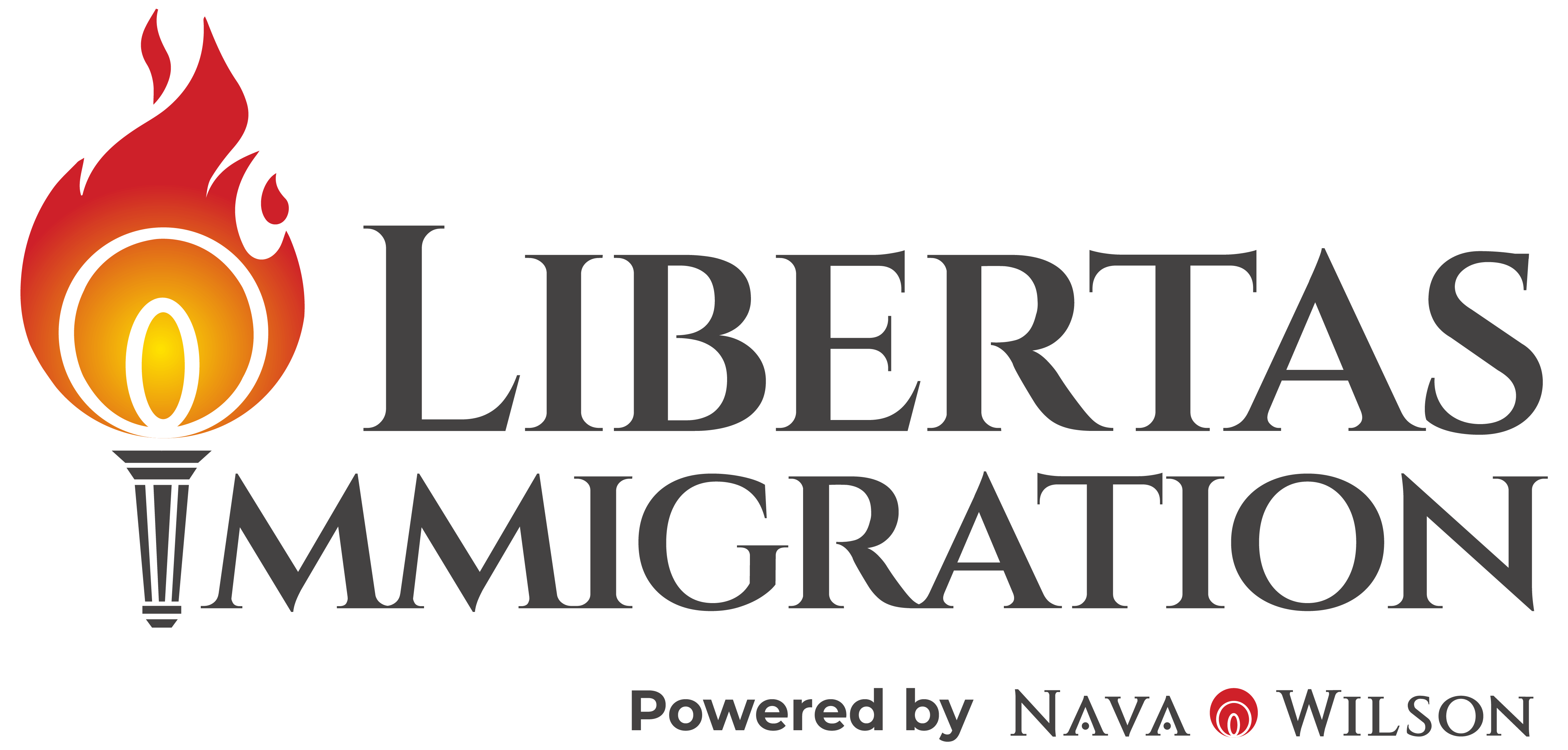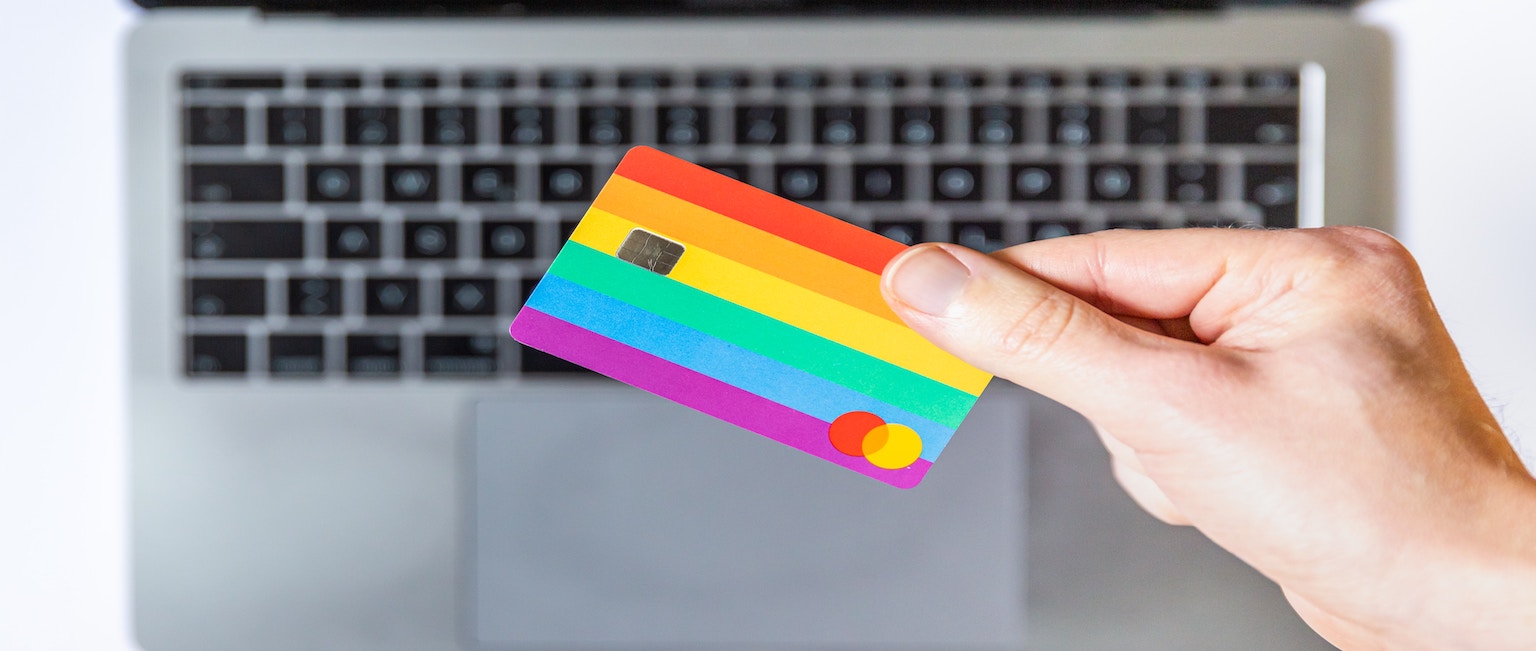The terms “credit score,” “credit report” and “credit history” follow newcomers every step of the way during their first months in Canada. Your credit score will come up when renting your first home, getting a car loan or making other big purchases. But what do these terms mean, and how do they work?
What is a credit score?
According to the Government of Canada and Equifax, a credit score is a three-digit number based on your credit-use habits.
It is dynamic and will change from time to time based on multiple variables. For example, it can rapidly decrease because you missed the payment due date or increase when you consistently pay on time and use your credit responsibly. The higher your score, the better you’re at managing your credit.
Eventually, a good credit score in Canada determines your credibility and can help you get approved for loans, mortgages and other large purchases.
What is a good credit score?
Credit score usually depends on the credit scoring model used, but there are some stable data to rely on.
According to Equifax, a good credit score in Canada is between 660 to 724. If the score is between 725 and 759, it’s considered very good. A score of 760 and above is regarded as an excellent credit score. The logic is simple: the higher your score, the better your credit rating.
What affects your credit score?
According to the Government of Canada website, it’s impossible to know exactly how much your score will change based on the actions you take. Credit bureaus and lenders never share the actual formulas they use to calculate scores.
Factors that may affect your credit score:
- How long you’ve had credit?
- How long each credit has been in your report?
- Balance on your credit cards.
- Credit utilization over 30%.
- Regularly missed payments.
- Existence of outstanding debts.
- Being close to, at or above your credit limit.
- The number of credit applications.
- The type of credit you’re using.
- Record of insolvency or bankruptcy.
- If your debts have been sent to a collection agency.
To check your credit score, use Equifax orand TransUnion.
What is a credit report?
A credit report summarizes a person’s credit history. It gets created when you apply for your first credit or borrow money in Canada.
Financial institutions will send information about your accounts to credit bureaus, also known as credit reporting agencies.
What’s included in your credit report?
A credit report contains financial, personal and credit history information.
Personal information on your credit report:
- name and date of birth
- current and previous addresses
- current and previous telephone numbers
- social insurance number
- driver’s licence number
- current and previous employers
- current and previous job titles
Financial information in your credit report
- Non-sufficient funds payments or bad cheques
- The credit you use, including credit cards, retail or store cards, lines of credit and loans.
- Bankruptcy or a court decision against you that relates to credit.
- Debt sent to collection agencies.
- Registered items which allow the lender to seize them if you don’t pay.
- Consumer statements, fraud alerts and identity verification alerts
What is a credit history?
On the other hand, credit history is a record of how you pay off your debt on credit cards, loans and lines of credit. Therefore, credit history is what directly affects your credit score. That’s why being smart about using and managing your credit is very important.
Why is a good credit history important?
In simple terms, a good credit history is important because it significantly impacts your life in Canada. For example, financial institutions will look at your credit history to check your credibility when deciding if they will lend you money. Moreover, your credit history will determine how much interest you will be charged.
Having no credit history or a poor one may result in having difficulties renting an apartment or getting a loan.
As a newcomer, you’ll likely have a low credit score or no credit score at all. Luckily it’s all temporary if you follow the advice of getting a credit card in Canada immediately and start building your credit history.

